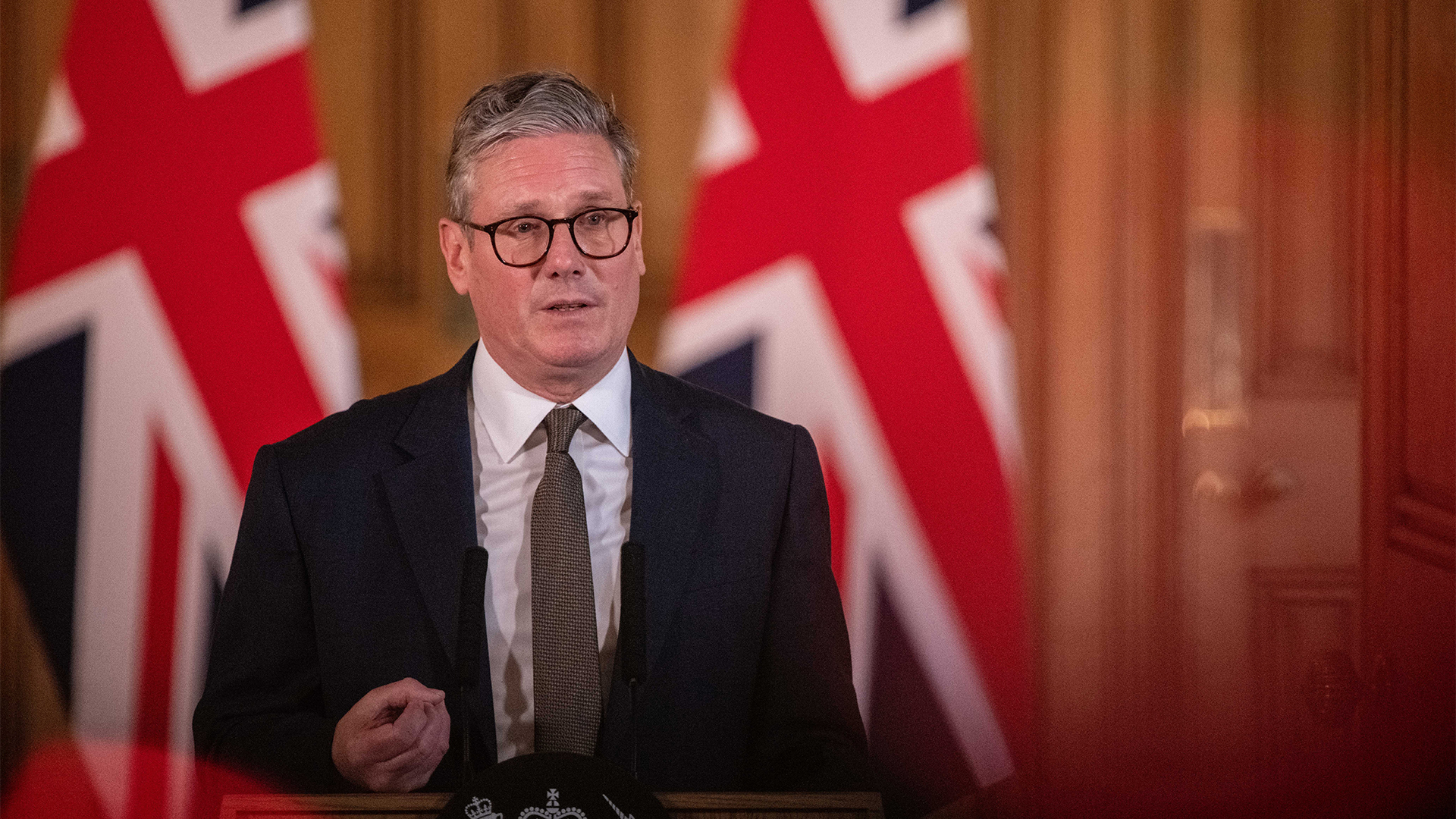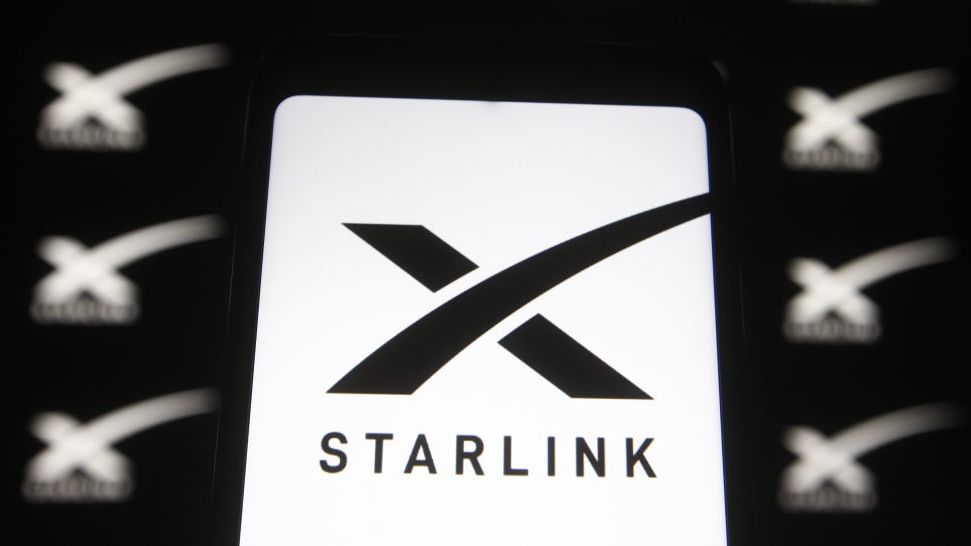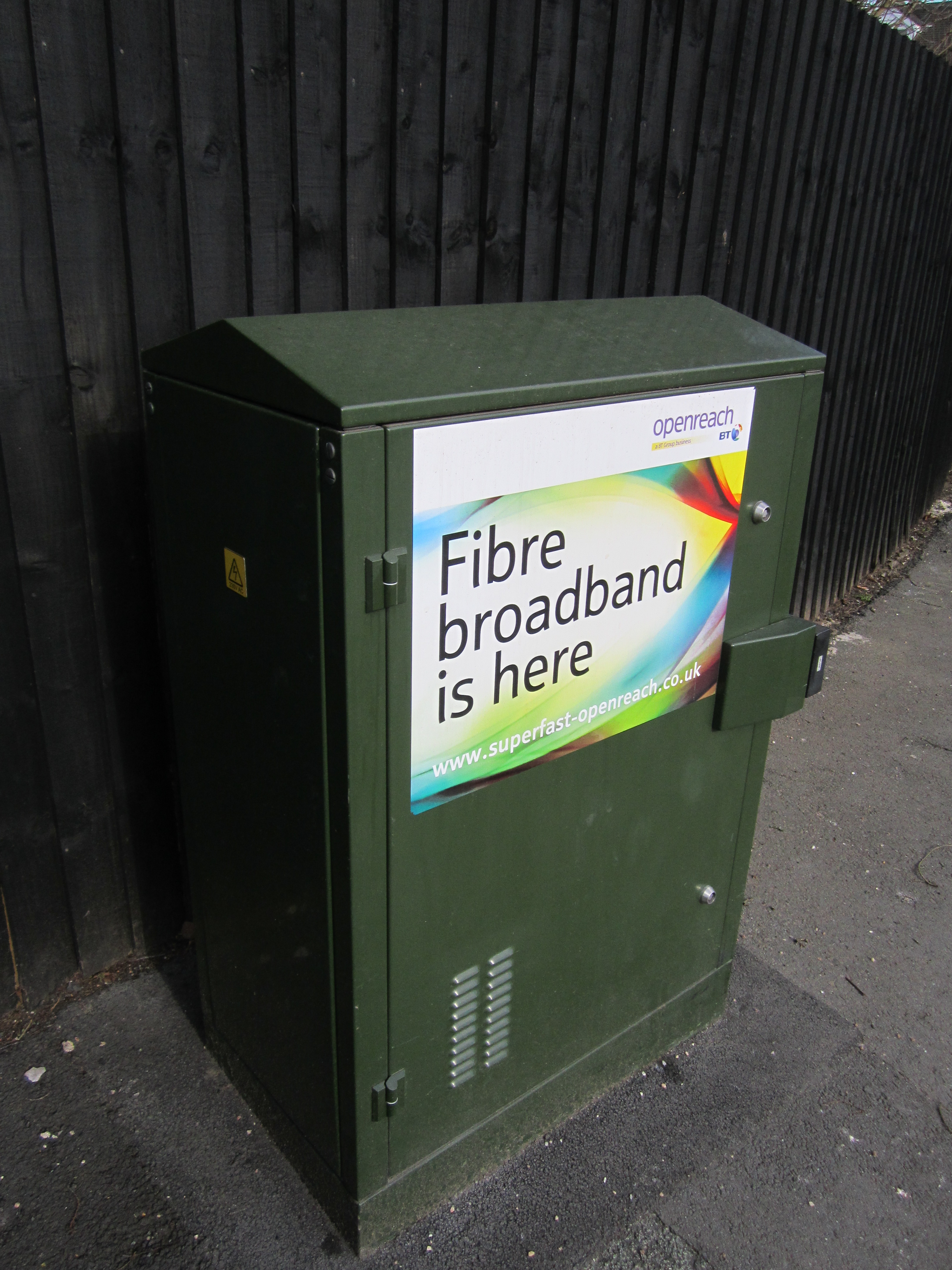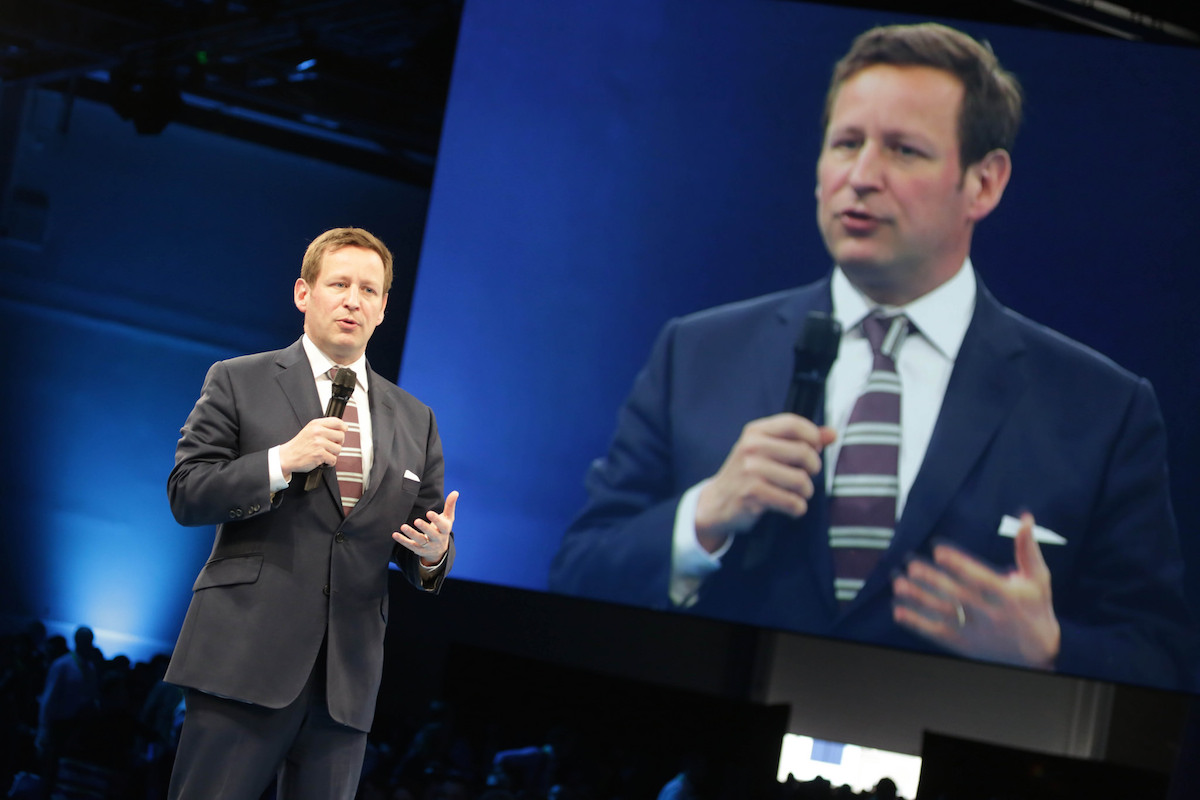Government vows to get 7.5 million more people online by 2014
Low-income households and the elderly will be the primary targets as the National Digital Participation Plan seeks to cut the number of people without internet access by 60 per cent.

The Government has pledged to get another 7.5 million people online by 2014.
There are currently some 12.5 million people around the country who don't have internet access, but under the newly announced National Digital Participation Plan the Government plans to reduce that amount by 60 per cent in the next four years.
Elderly people and low-income families will be the primary targets of the scheme, which will be supported by 60 public and private organisations, including Google, the BBC and Sky.
The plan was unveiled yesterday by Stephen Timms, minister for Digital Britain.
"Being online is crucial for participation in the 21st Century society," Timms said in a statement. "The internet unlocks a wealth of information and services, giving people more choice in life and access to a range of education, health and financial opportunities.
"Bringing people online for the first time and enabling people to interact more creatively will enrich our society and we will ensure no one is left behind."
Timms did concede, however, that overcoming the obstacles that have prevented people from accessing the internet until now was a stiff challenge: "It will mean maintaining the rate of first time internet connections at the level we have seen over the past few years, even though those not yet connected are likely to be much harder to attract," he said.
Get the ITPro daily newsletter
Sign up today and you will receive a free copy of our Future Focus 2025 report - the leading guidance on AI, cybersecurity and other IT challenges as per 700+ senior executives
Other details laid out in the Participation Plan include the provision of free laptops and internet to 270,000 low-income families in the UK and the development of more UK Online Centres. Some 12 million of funding has been allocated for combined marketing initiatives to promote the scheme.
The measures are part of the Universal Service Commitment set out in the Digital Britain report, which aims to deliver at least 2Mbps broadband to every home and business in the UK by 2012.
The Conservatives, meanwhile, have pledged to provide 100Mbps broadband to the majority of UK homes by 2017 if they win the next election.
-
 Cleo attack victim list grows as Hertz confirms customer data stolen
Cleo attack victim list grows as Hertz confirms customer data stolenNews Hertz has confirmed it suffered a data breach as a result of the Cleo zero-day vulnerability in late 2024, with the car rental giant warning that customer data was stolen.
By Ross Kelly
-
 Lateral moves in tech: Why leaders should support employee mobility
Lateral moves in tech: Why leaders should support employee mobilityIn-depth Encouraging staff to switch roles can have long-term benefits for skills in the tech sector
By Keri Allan
-
 UK regions invited to apply for ‘AI Growth Zone’ status
UK regions invited to apply for ‘AI Growth Zone’ statusNews The UK government has opened up bidding for regions hoping to secure 'AI growth zone' status.
By Emma Woollacott
-
 “Botched government procurement” leads to £24 million Atos settlement
“Botched government procurement” leads to £24 million Atos settlementNews Labour has accused the Conservative government of using taxpayers’ money to pay for their own mistakes
By Zach Marzouk
-
 UK government to run Starlink trials in Snowdonia, Lake District
UK government to run Starlink trials in Snowdonia, Lake DistrictNews The government has indicated low-Earth orbit satellites could be key to expanding connectivity to UK businesses
By Rory Bathgate
-
 Government holds talks with data centre operators over energy blackout threat
Government holds talks with data centre operators over energy blackout threatNews One data centre operator has been preparing to switch over to diesel power in the event of a national blackout
By Zach Marzouk
-
 HPE inks $2 billion high-performance computing deal with the NSA
HPE inks $2 billion high-performance computing deal with the NSANews HPE will provide scalable on-premises computing to the NSA using Greenlake
By Danny Bradbury
-
 Broadband not meeting UK consumer expectations
Broadband not meeting UK consumer expectationsNews Survey finds many unhappy with broadband in the UK
By Ingrid Fadelli
-
 Are we really better off as part of the EU?
Are we really better off as part of the EU?News Ed Vaizey certainly thinks you are if you’re a start up or innovator…
By Maggie Holland
-
 Government says everyone now has 2Mbps internet access
Government says everyone now has 2Mbps internet accessNews Department for Culture, Media and Sport has introduced satellite grants for those in low-speed areas
By Clare Hopping